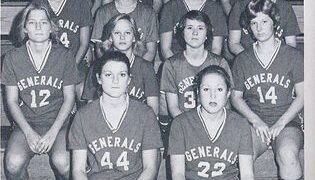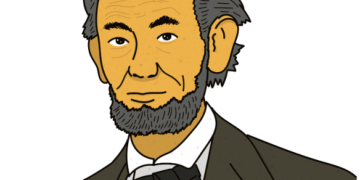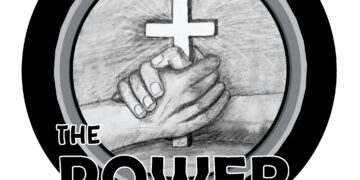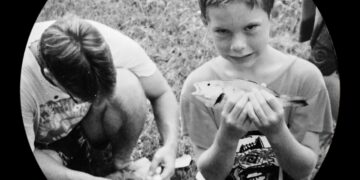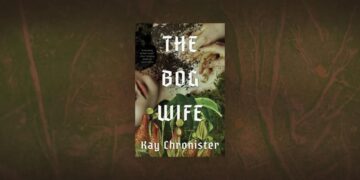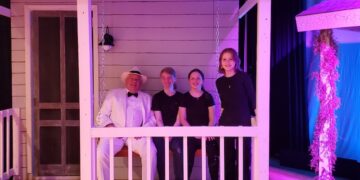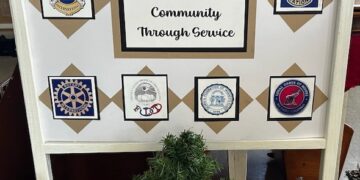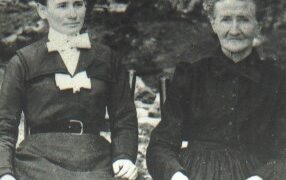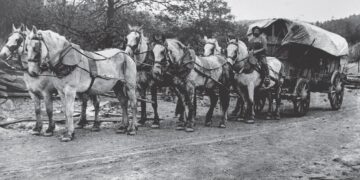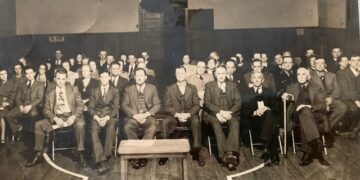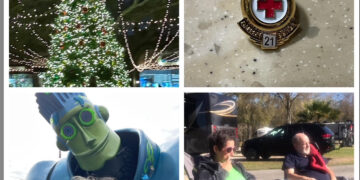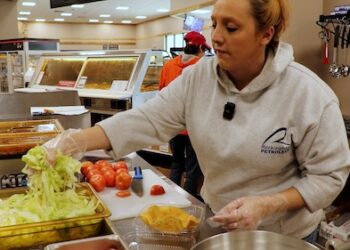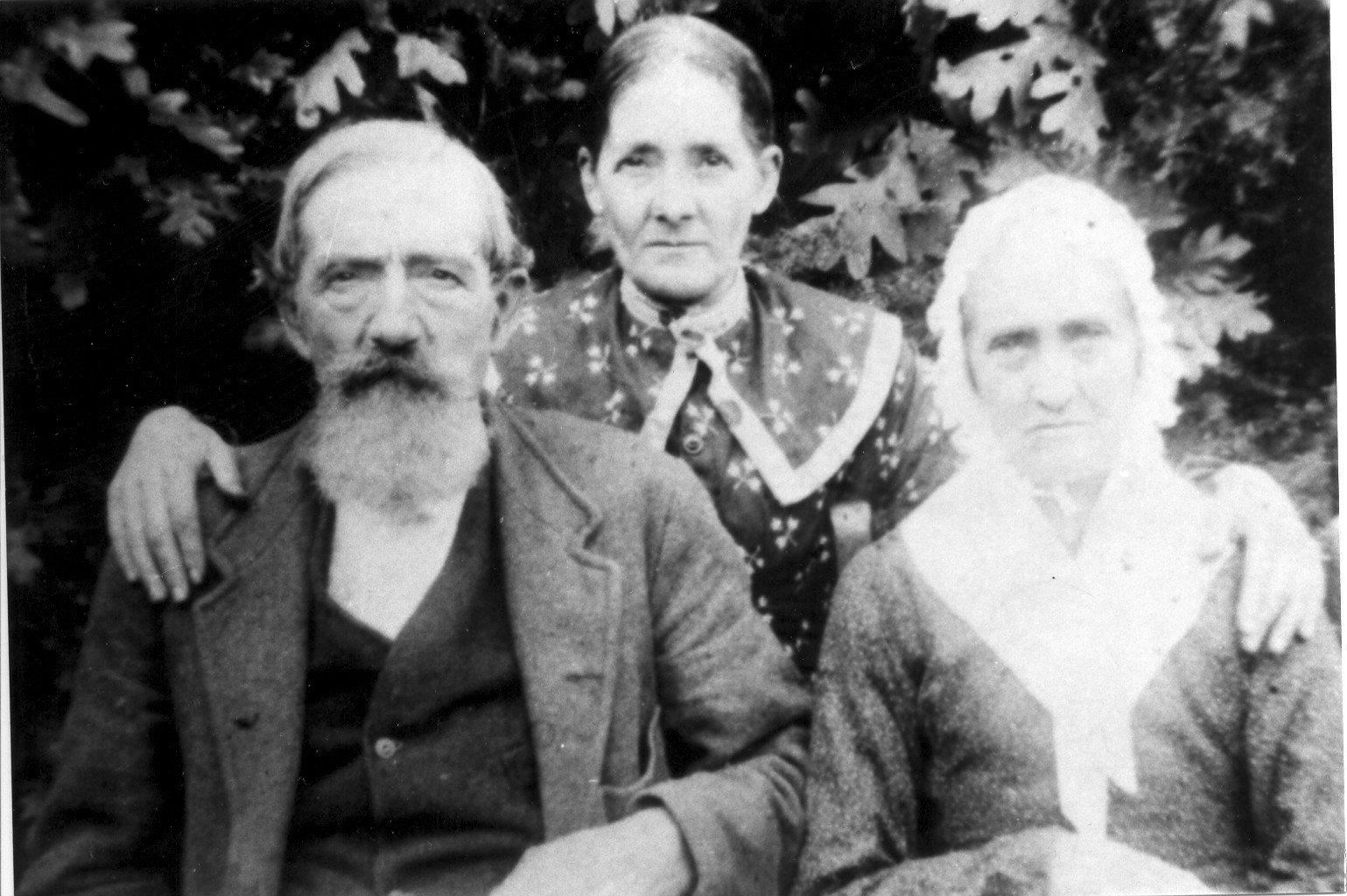
In those early days, words were often spelled the way they sounded. Conrad’s name was spelled “Hartinger” in early records like deeds, which suggests that folks pronounced it differently than we do now. Conrad must have led a quiet life as there are few mentions of his name in official records. A court order from September 25, 1787 records “Conrad Hartinger be Exempted from paying pole tax till he be restored to his former state of health.” He did regain his health, living almost 20 more years. Conrad died about 1804 without making a will.
When Conrad’s children sold his 82 acres in 1808, all of them had to sign the deed, which gives us an official list of his children. Two of them moved to Brocks Gap and have many descendants: Magdaline Hottinger who married Michael Yankey and George Hottinger who married Sarah Riggleman.
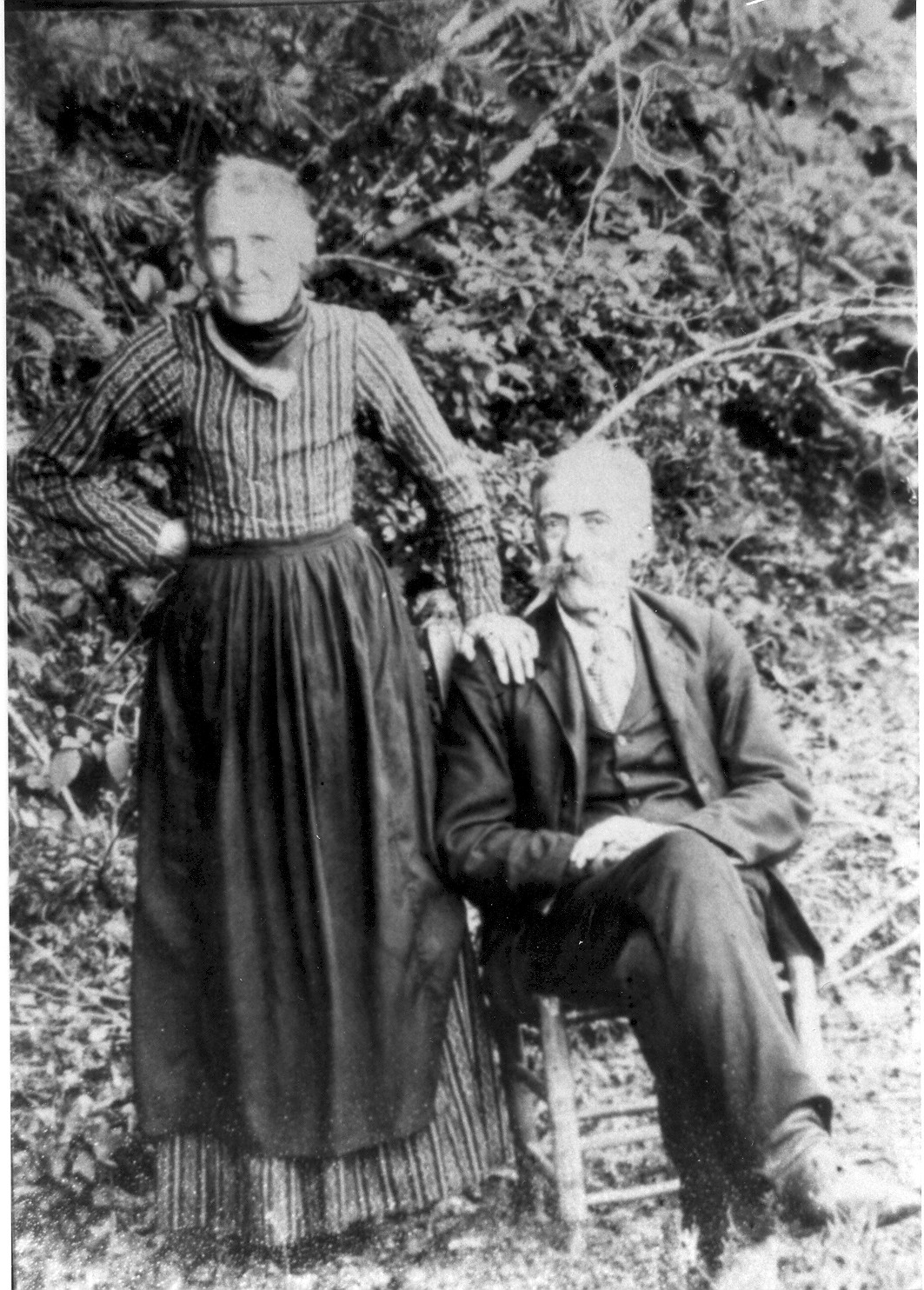
Reuben and his wife Mary Ann Smith Hottinger had twelve children, but only seven were living in 1900. Most or all Hottingers in western Rockingham County are their descendants. Lewis Yankey wrote that Reuben carried mail to the top of the Shenandoah Mountain three times a week with the help of his son Amos.
Reuben’s two oldest sons were in the Civil War. Jonas Hottinger (1841-1916) was first in the Brocks Gap Rifles but enlisted as a private in Company C, 11th Virginia Cavalry on July 20, 1861 when he was about 21 years old. He was captured at Hudson’s Cross Roads on April 16, 1862 and was a POW at Fort Delaware, but he was eventually exchanged. During the war Jonas was thrown by his horse. The army recorded a description of Jonas: 5’8”, dark complexion, dark brown hair and brown eyes.
Reuben’s son Benjamin was also a private in Company C, 11th Virginia Cavalry but was transferred to the 62nd Virginia Mounted Infantry in late 1862. He died from consumption (tuberculosis) at his father’s home on Feb. 22, 1864 at the age of 19 years, 5 months, and 21 days.
Reuben’s sons Jonas and Amos are the only sons who stayed in Rockingham County. His daughter Martha married Jesse Shoemaker, and they lived in Timberville. Sons Simon Hottinger and Noah lived in Hampshire County, WV. Son Silas Hottinger lived in Hardy County, WV, and William S. Hottinger lived in Hampshire County. People with the Hottinger surname in Rockingham County are probably descended from Jonas or Amos.
I’ve known several Hottinger family researchers, like Aleta Fitzwater Bowling, Lynn Shoemaker, and Viola Zirk Shaver. Viola was the granddaughter of Silas Hottinger and his second wife Rachel Mitchell Shaver Hottinger and lived in their home for several years. She wrote to me about that time: “I wish I knew how to tell you what a great place it was. Some of the happiest years of my life were spent there. All of the Hottingers that I knew were quiet and easy going people and were extremely close friends as was my father William A. Zirk and Martha Catherine Hottinger’s husband S. Jesse Shaver.”
Viola added, “The Hottingers of Silas—quite a few of them had black hair and had a snow white streak in the front. Ones with light hair often had this mark or white patches on their scalp. Were the other Hottingers like this? They were all great singers—some of the older ones played the autoharp (especially Simon and Isaac). Silas Hottinger (I called him “Pa” as did my mother) used a lot of “Dutch” and had a lot of funny sayings.”
More information about the descendants of Conrad Hartinger/Hottinger’s family is in The Hottinger and Yankey Families by Lewis H. Yankey.

